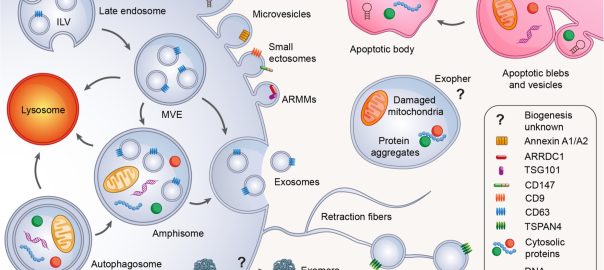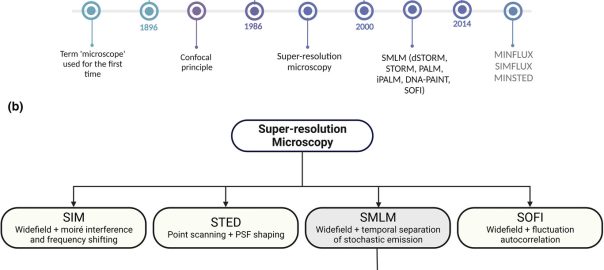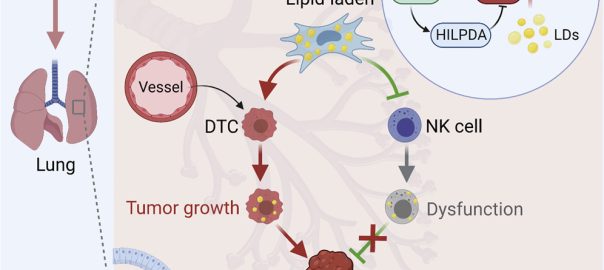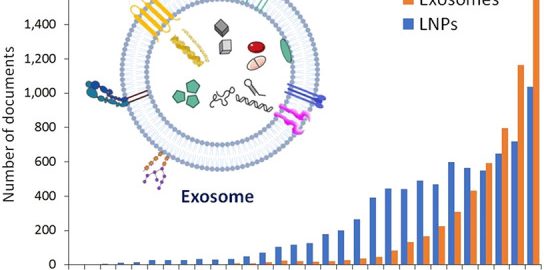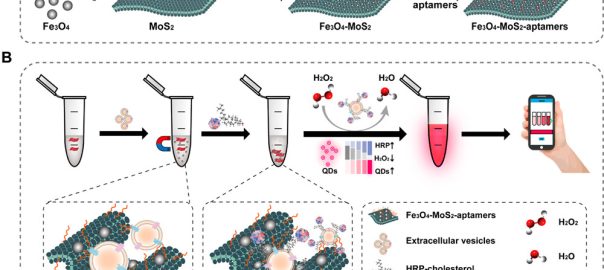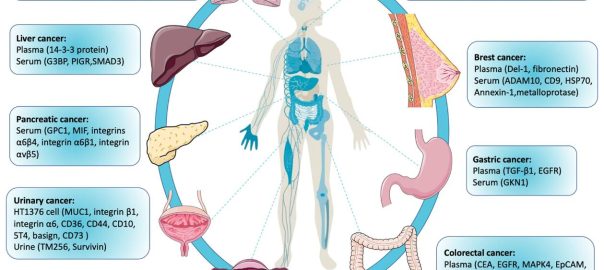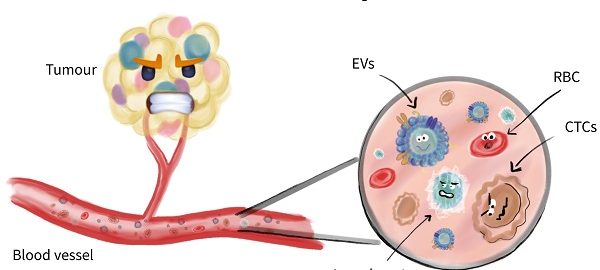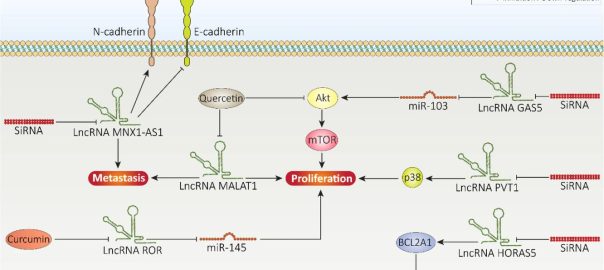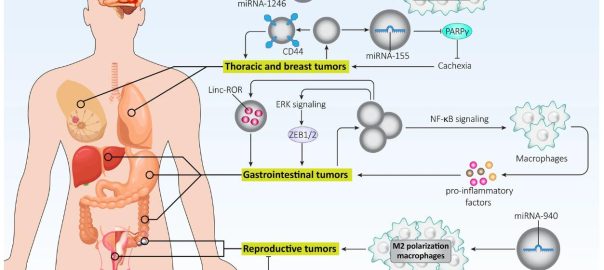Research on extracellular vesicles (EVs) and nanoparticles (NPs) is increasing rapidly, with recent years unveiling unprecedented complexity and diversity in vesicles. Consequently, our comprehension of cellular biology facilitated by the release ofRead More…
Single-Molecule Localization Microscopy for Investigating Small Extracellular Vesicles
Small extracellular vesicles (sEVs) play a pivotal role as universal mediators of intercellular communication, emanating from diverse cell types. Despite extensive studies shedding light on the involvement of sEVs in various healthRead More…
Lung Mesenchymal Cells Secrete Lipids through Exosome-Like Vesicles to Promote Breast Cancer Lung Metastasis
It is well known that tumor metastasis relies on microenvironmental support from remote organs. However, the mechanisms through which metabolism regulates the tumor metastasis microenvironment remain undetermined. Recently, researchers discovered that lungRead More…
Exosomes—Nature’s Lipid Nanoparticles: A Rising Star in Drug Delivery and Diagnostics
Exosomes, nanoscale extracellular vesicles enveloped by a lipid bilayer membrane and secreted by most eukaryotic cells, possess unique characteristics, including inherent stability, low immunogenicity, biocompatibility and excellent biological properties. Their membrane penetrationRead More…
Ultrasensitive and Biomimetic 3D Recognition Technology for Visualizing Extracellular Vesicles with 2D Flexible Nanostructures
Extracellular vesicles (EVs)are a type of vesicle secreted by cells, characterized by a phospholipid bilayer structure. They carry a wealth of molecular information, including specific proteins, nucleic acids, lipids, and metabolites fromRead More…
The Role of Exosomal Proteins in Cancer Diagnosis, Prognosis and Treatment
Exosomes, derived from multivesicular bodies, exhibit a cup-shaped under electron microscopy, with diameters ranging from 50 to 150 nanometers. Loaded with various contents, including nucleic acids, proteins, lipids, enzymes and metabolites. TheseRead More…
Comparison of the Use of Extracellular Vesicles and Circulating Tumor Cells in Liquid Biopsy
Traditional liquid biopsies for cancer primarily rely on the detection of some recognized markers. However, during clinical use, many markers have limitations in statistical significance and robustness , leading to the removalRead More…
Lncrna in Prostate Cancer: Intervention Pathways, Therapeutic Targets, and Exosome Markers
Prostate cancer is one of the most malignant tumors in men and remains incurable due to its heterogeneous and progressive nature. Genetic and epigenetic changes play important roles in prostate cancer development.Read More…
The Emerging Role of Exosomes in Cancer Progression and Tumor Microenvironment Remodeling
Cancer stands as one of the leading causes of death globally, necessitating a deeper understanding of its progression factors. Exosomes, with an average size of 100 nm, serve as carriers of proteins,Read More…
Analysis of Single Extracellular Vesicles for Early Cancer Detection
Extracellular vesicles (EVs), actively secreted from cancer cells and host cells into the circulation, are emerging as one of the front-runners in diagnostics for early cancer detection, disease monitoring, and treatment evaluation.Read More…

